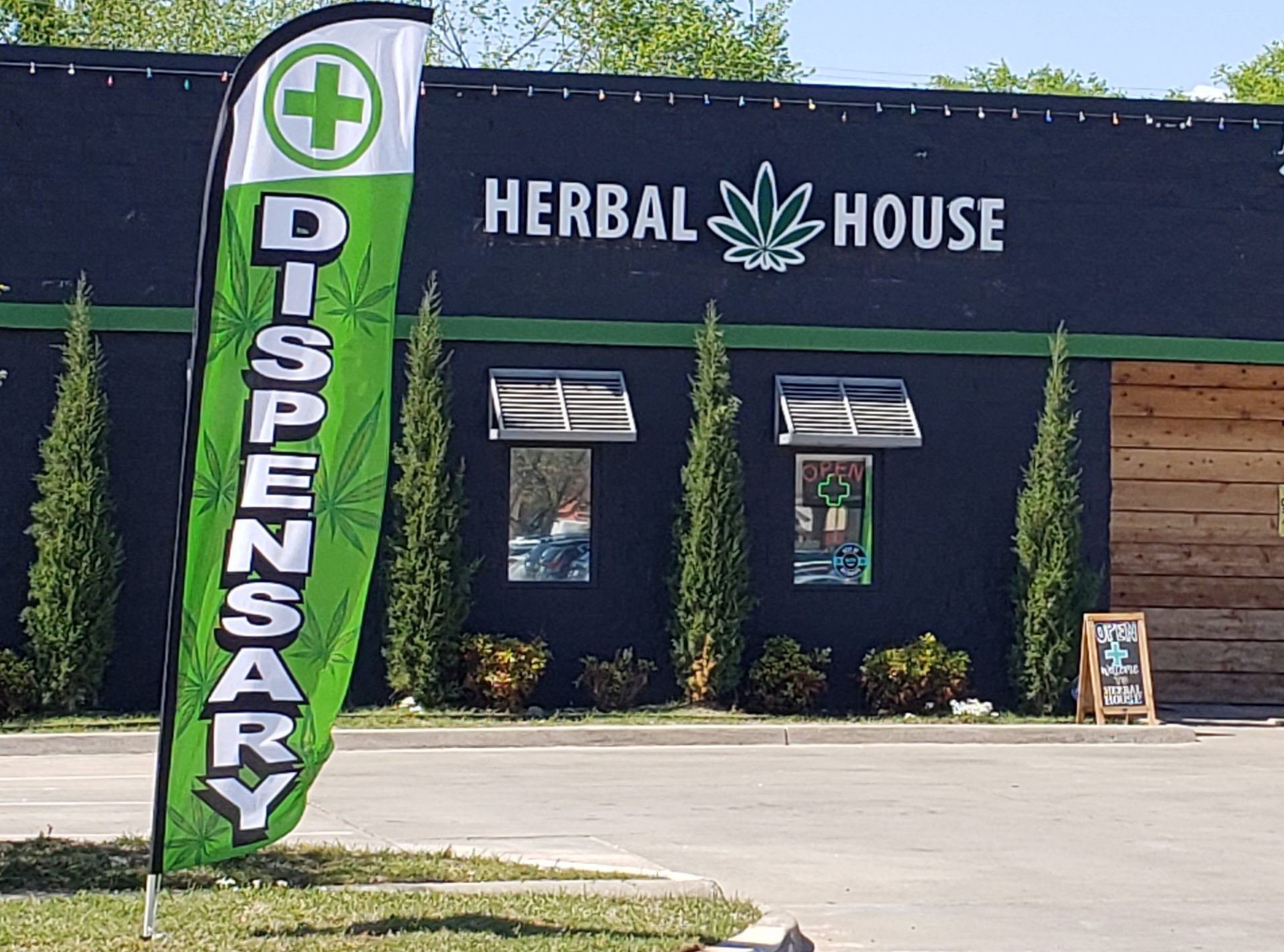By Alison Saldanha, The Seattle Times (via TNS).
This December marks a decade since Washington state became one of the first two states in the U.S. to legalize marijuana.
A look back at the cannabis industry’s growth in the Evergreen State shows the fledgling market has yet to mature, with sales declining after surging during the pandemic and the initial years of legalization.
After voters in Colorado and Washington approved ballot measures to legalize the recreational use and sale of small amounts of cannabis in 2012, the first retail cannabis stores opened in 2014.
Since then, sales have grown exponentially — from about $180 million in 2015 to over $1.3 billion as of July 2022. In the 2022 fiscal year, the state collected $509 million in excise revenue.
However, the cannabis industry’s growth slowed for the first time in the 2022 fiscal year compared to previous years. Retail sales recorded a 8% decline over 2021 — a drop of about $120 million in revenue.
“What you’re seeing as a ‘dip’ is really sales returning to normal growth as more people returned to in-person work,” said Brian Smith, spokesperson for the Washington State Liquor and Cannabis Board.
The contraction in Washington’s cannabis market is part of a national trend in declining sales recorded since July 2021, according to a recently released report from cannabis data firm Headset.
Headset’s study of legacy markets in California, Colorado, Oregon and Washington found that the frequency of marijuana purchases at stores and the amount of money people spend in stores have been on the decline since July 2021.
In Washington, the study found the average consumer purchase of cannabis goods at a store dropped by nearly three dollars, from $34.14 in July 2021 to $31.41 in July 2022.
Across these markets, the study found a greater decline in store visits than the relative decrease in money spent on cannabis goods.
Within Washington, the largest source of retail sales is King County, where in fiscal 2022 retailers sold recreational cannabis products worth over $340 million, according to data from the state Liquor and Cannabis Board.
Sales in Pierce, Spokane and Snohomish counties followed thereafter. These counties also recorded decreases in sales from June 2021 to July 2022.
Among the counties that showed increases, the biggest was in Pend Oreille County, in Eastern Washington on the Idaho border, where sales surged by 60% in fiscal 2022.
With a low population, small changes can make a seemingly big impact, explained Smith. The lone store there moved closer to the Idaho border recently, with out-of-state customers contributing to at least a portion of the increase in sales.
Since Washington and Colorado legalized pot in 2012, 19 other states and Washington, D.C., have moved to regulate its recreational use. As of December 2022, 39 states have legalized weed for recreational or medical use.
Only three states still treat cannabis as an illegal substance in all forms — Idaho, Kansas and Nebraska.
Yet, while Washington was at the forefront of legalizing cannabis, its 37% excise tax rate is by far the largest such tax in the U.S.
Combined with the state’s high sales tax, Washingtonians pay an average tax rate of 46.2% on pot products (if you also count the local taxes).
“On the margins, this high rate may be pushing some consumers to purchase their cannabis products from the unregulated, untaxed, illicit market,” says the Washington CannaBusiness Association.
The organization fears this high taxation and other state restrictions around out-of-state funding and interstate commerce are dulling Washington’s edge nationally in a burgeoning pot industry.
Smaller businesses like those in the Craft Cannabis Coalition, however, argue that some of those restrictions keep the industry local, sustain a fair playing field for small players and check the illegal cannabis market that still persists.
The coalition is supportive of many of the concepts that would keep the Washington market competitive nationally, said Executive Director Adán Espino. To protect small businesses, he emphasized the coalition’s specific support for continuing separate licenses to grow, produce and sell cannabis products, and for maintaining legislative control on license allotments as the industry grows while cannabis is still federally illegal.
To stay ahead of the curve, in the event marijuana is federally legalized, WACA said it is now lobbying for a trigger bill, similar to that passed in Oregon and recently in California, which would allow interstate commerce the moment federal limits are lifted.
After 10 years of legalized marijuana in Washington state, The Seattle Times is taking a look at the state’s cannabis industry, including sales and licensing, crime, and social equity and racial diversity in the cannabis trade.
___
(c)2022 The Seattle Times
Visit The Seattle Times at www.seattletimes.com
Distributed by Tribune Content Agency, LLC.
Thanks for reading CPA Practice Advisor!
Subscribe Already registered? Log In
Need more information? Read the FAQs
Tags: Income Taxes, Legislation




